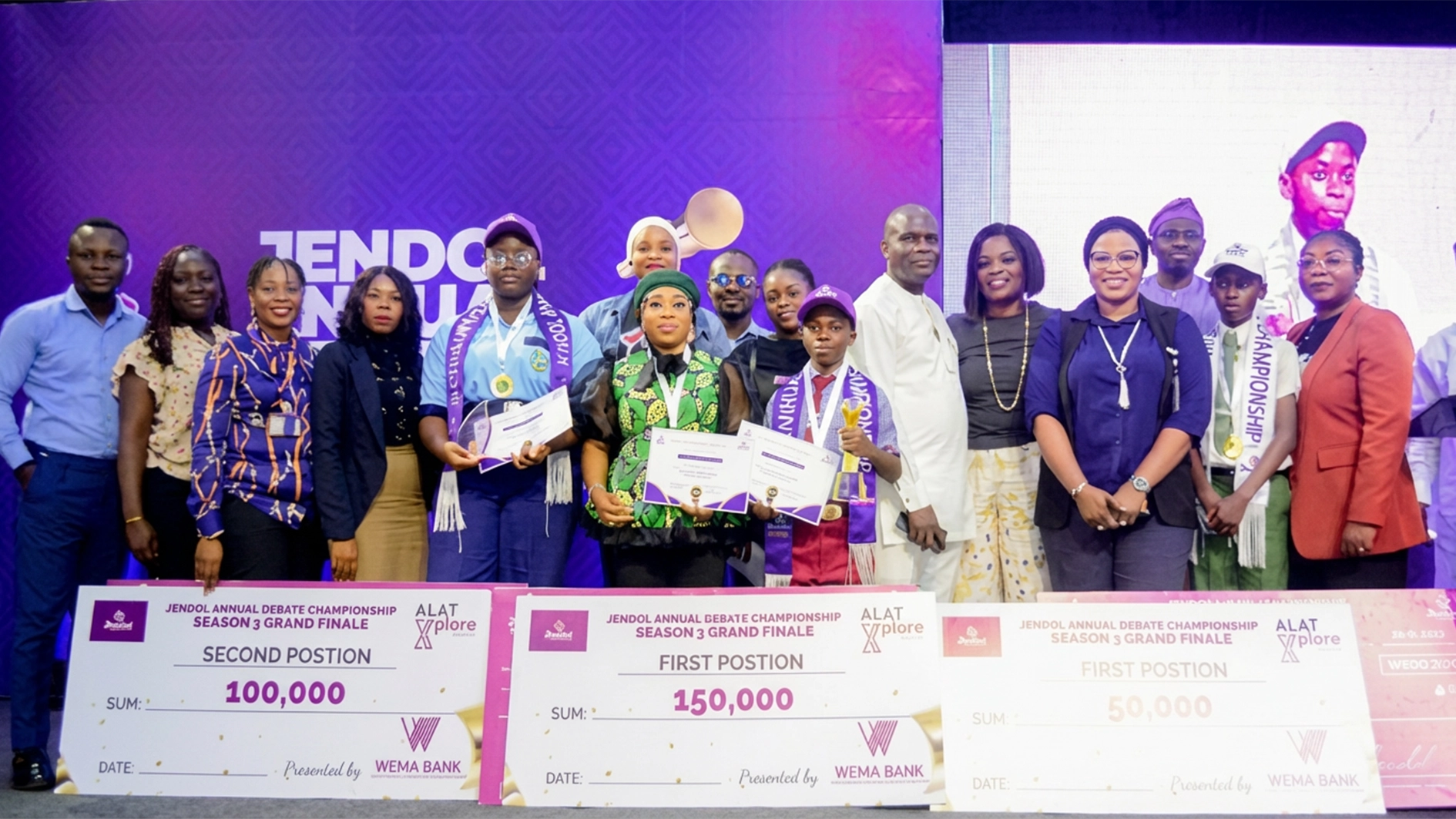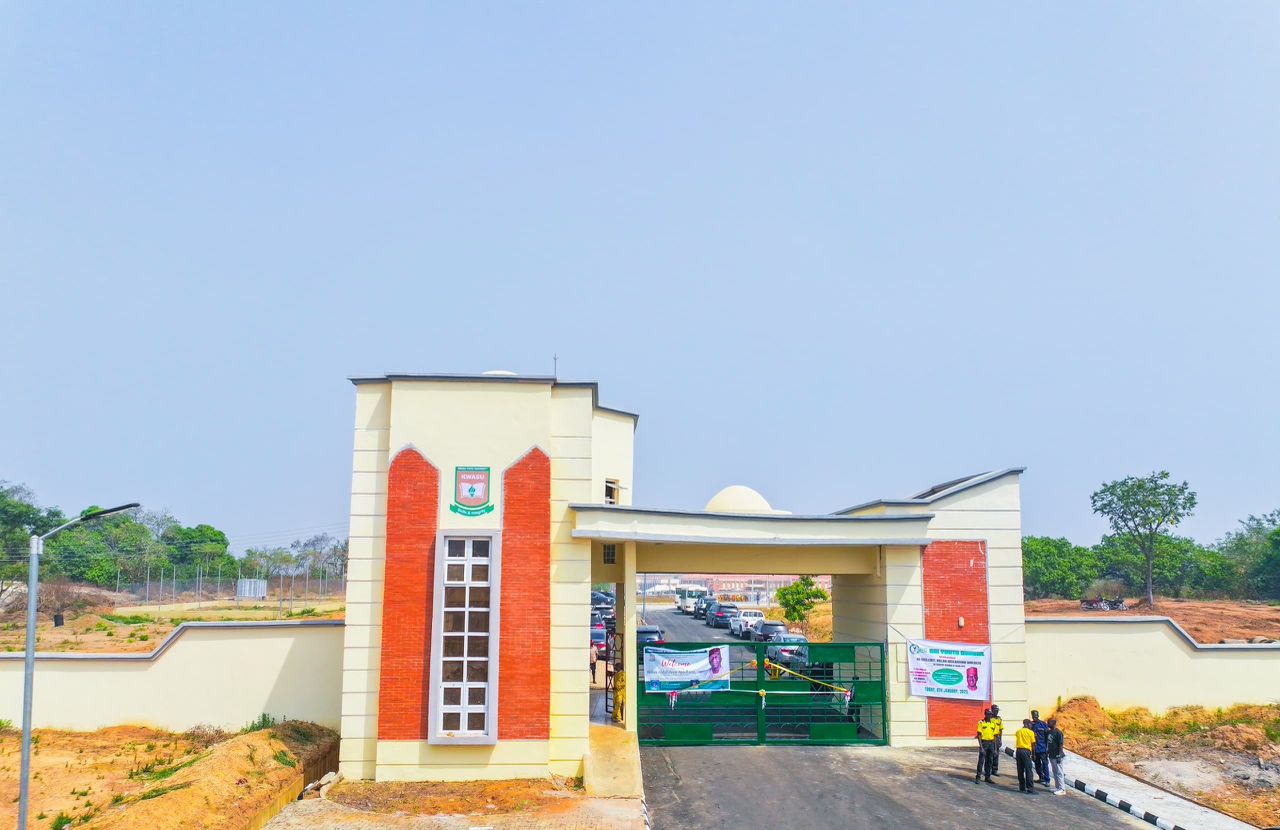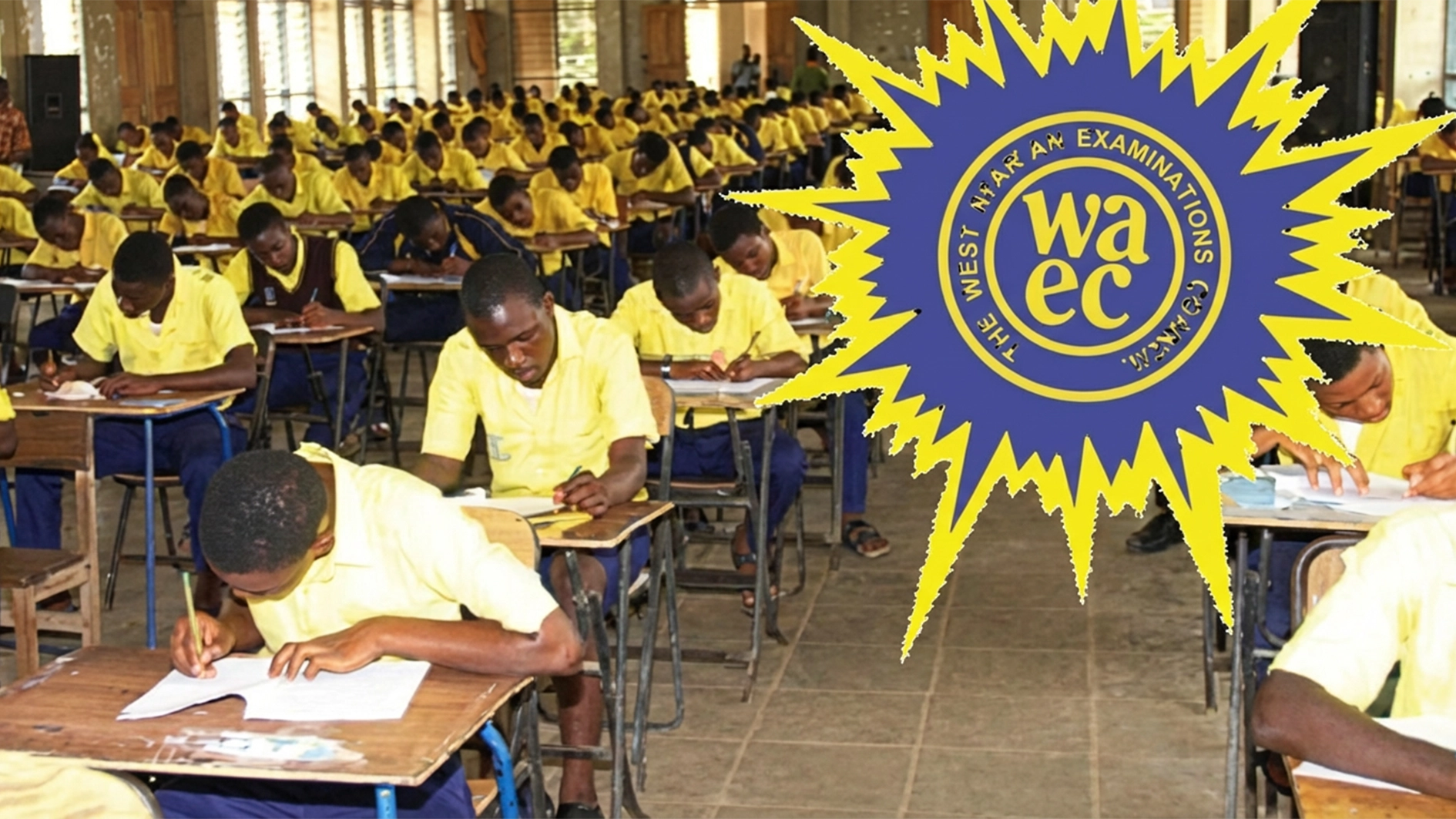The British Government, United Nations (UN), and UNICEF have pledged to support Kaduna State in its education reforms for the benefit of the citizens.
Specifically, the assurance was given during the opening of the Kaduna State Education Summit, tagged, ‘EduPACT Summit’, held at Murtala Muhammed Square.
Speaking on the occasion, the Chargé d’affaires and British Deputy High Commissioner to Nigeria, Mrs. Gill Lever, reaffirmed the United Kingdom (UK)’s longstanding commitment to education reform in Nigeria, saying, “This is a demonstration of its role as the major co-sponsor of the EduPACT Summit.”
She said, “The UK and Kaduna State have forged a strong partnership over the years, and the Kaduna State Mutual Accountability Framework is a clear sign of the government’s commitment to inclusive, high-quality education for all children.”
“Through our PLANE programme, we’ve worked closely with Kaduna State to improve foundational learning, teacher quality, and inclusive education. Together, we’re helping to bring out-of-school children back into learning. This summit is a great opportunity to share ideas and strengthen collaboration. The UK remains committed to supporting Kaduna’s vision for an education system that works for every child,” the envoy stressed.
The keynote address was delivered by the United Nations (UN) Deputy Secretary-General, Amina Mohammed, who commended the Kaduna government for helping to turn a global promise in education into local progress by reducing barriers and expanding access to quality education.
“These efforts are especially important now, as many education systems across the world face severe strain from economic pressures, inequality, and the accelerating impacts of climate change,” Muhammed said.
Additionally, the Minister of Education, Dr. Tunji Alausa, in his speech, stated that the Kaduna government’s efforts in promoting the International Summit on Education have coincided with a period when Nigeria is investing in the next generation of human capital development in the country.
Alausa said that the summit provides a platform for charting a clear, bold, and inclusive course for educational transformation, not just for Kaduna State, but as a model for other subnational entities across Nigeria.
He pointed out that the transformation agenda of Governor Uba Sani in kaduna State is “in alignment with the Renewed Hope Agenda of President Bola Ahmed Tinubu and our National Education Sector Renewal Initiative (NESRI)”, adding, “We are committed to reimagining and rebuilding our education system to meet the needs of the 21st century.”
He said, “Kaduna State, under the dynamic leadership of Governor Uba Sani, has already demonstrated what is possible when vision meets action.”
The minister explained that “the 40 per cent reduction in tuition fees across state-owned tertiary institutions, the significant investments in Kaduna State University, and the ambitious $62 million basic education initiative are all commendable strides toward inclusive and equitable access.”
Speaking under the theme of the summit, “Strategic Visioning for Educational Transformation; Developing a Kaduna State Education Model”, Alausa said, “What we are witnessing in Kaduna today is not just progress, but also a proof of concept that transformation is attainable when leadership is intentional and data-driven.”
He noted, “EDUPACT 2025 offers us an opportunity to integrate global education reform conversations, like those from the 2022 Transforming Education Summit and the recent Financing for Development Conference in Spain with local realities,” stressing that “we must reimagine Kaduna’s education model to be Learner-centered, Equipping students with critical thinking, problem-solving, and digital skills.”
He argued, “We should ensure no child is left behind, especially girls, children with disabilities, and those in underserved communities; Digitally enabled: Embracing technologies like AI, remote learning tools, and data-driven school management;
Resilient and sustainable: Able to withstand disruptions such as pandemics or climate-related emergencies.”
He stated further, “As we navigate Nigeria’s complex development terrain, we must stop seeing education as a cost; it is a strategic investment in national stability, productivity, and peace. A naira spent on quality education is a naira saved on conflict resolution, unemployment, and public health. This is why the Federal Ministry of Education is championing a new model of blended financing—one that brings together federal and state resources, private sector investments, and development partners in a results-based, transparent framework.”
Meanwhile, declaring the summit opened, the governor said it “marks a significant milestone in our ongoing quest to build a stronger, more inclusive, and future-ready education system in Kaduna State. Today, we shift from fragmented interventions to a unified, data-driven, and forward-looking educational strategy—one that places our children and youth at the centre of our development vision.”
He said, “When I assumed office as governor in May 2023, we made it abundantly clear that education would be the cornerstone of our administration. We see it not merely as a sector to be managed, but as a powerful tool for individual empowerment and societal transformation. We believe a peaceful, prosperous, and secure society is built on the solid foundation of accessible, equitable, and high-quality education.”
Sani remarked, “Informed by this belief, we adopted a comprehensive, systems-based approach to reform. We have focused on improving access, modernising infrastructure, enhancing teacher capacity, and embracing the power of technology to deliver impactful learning experiences to every child, in every community.”
“As Governor of Kaduna State, I am also acutely aware that global economic downturns have deepened educational disparities, threatening decades of progress. In response, our administration has embraced the perspective that education is both a fundamental human right and a critical driver of sustainable development, economic recovery, and social resilience,” he added.
Governor Sani stressed that “we have therefore prioritised investments in foundational learning, digital infrastructure, teacher training, and inclusive education policies—particularly those that serve marginalised groups, such as girls, learners with disabilities, nomadic populations, and children in conflict-affected communities.”
In attendance at the EduPACT Summit were other senior officials from government, private and development sectors, including the Executive Secretary, Universal Basic Education Commission (UBEC), Dr Aisha Garba; the Chief of Education, UNICEF Nigeria, Vanessa Lee; and Senior Education Adviser, British High Commission, Ian Attfield.






